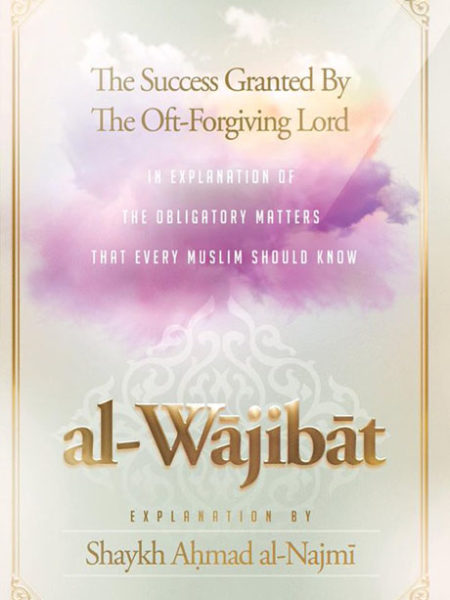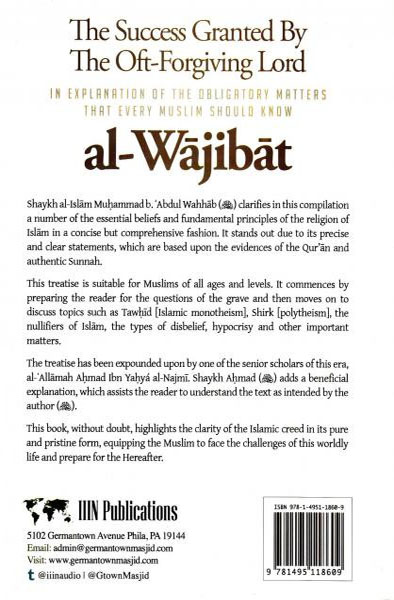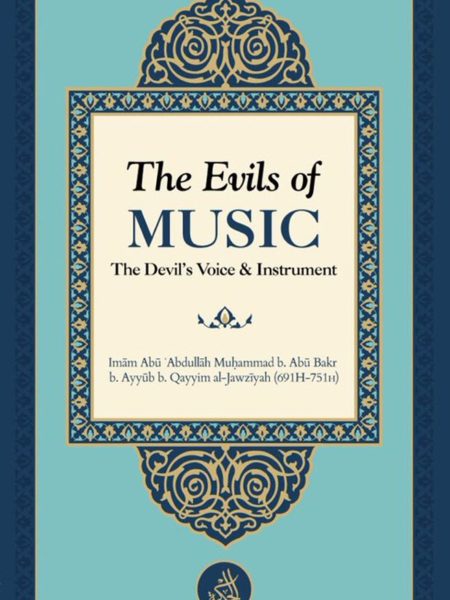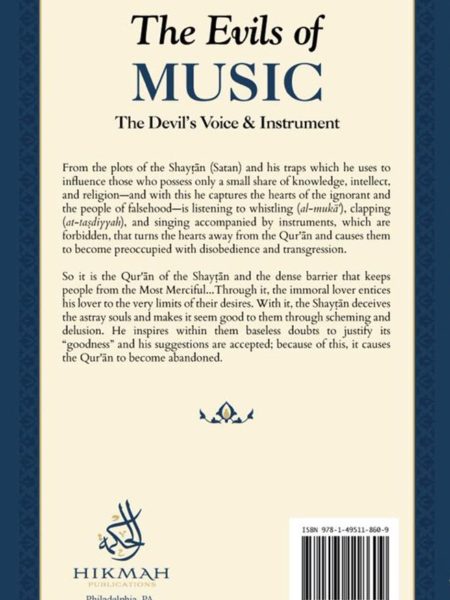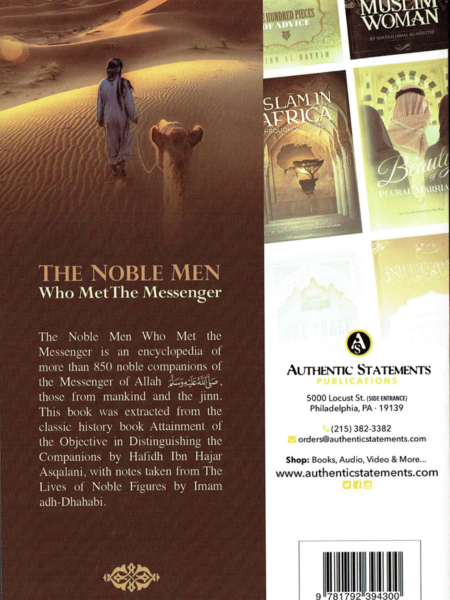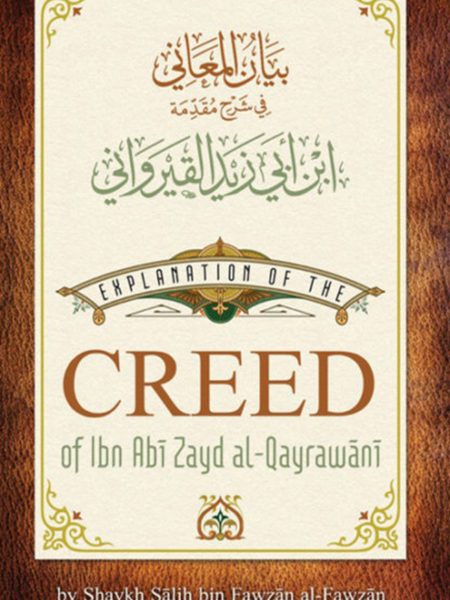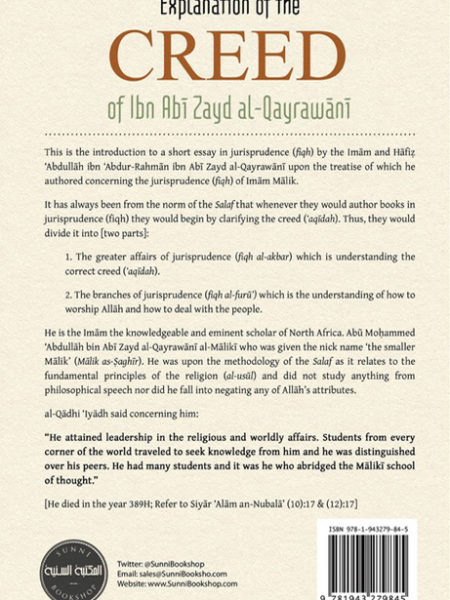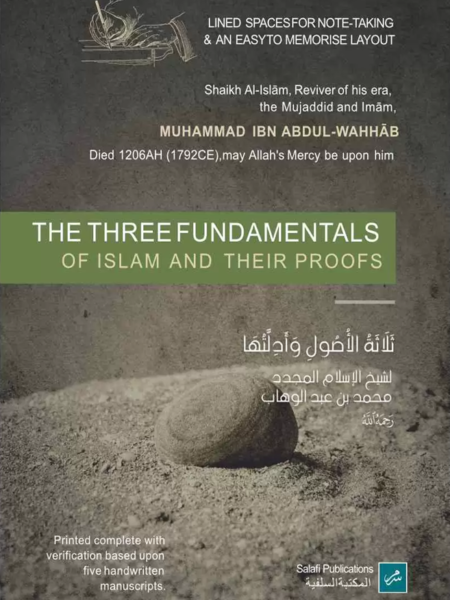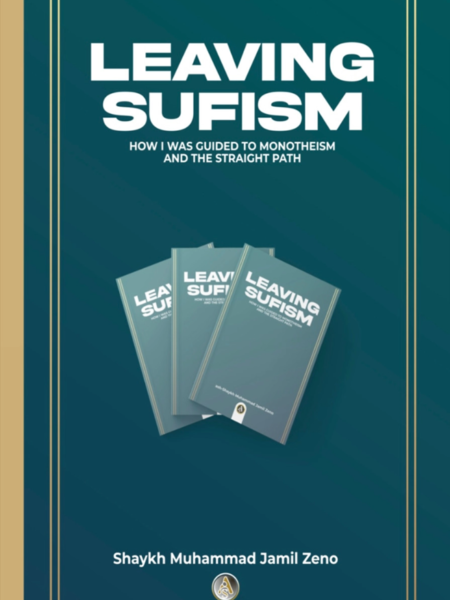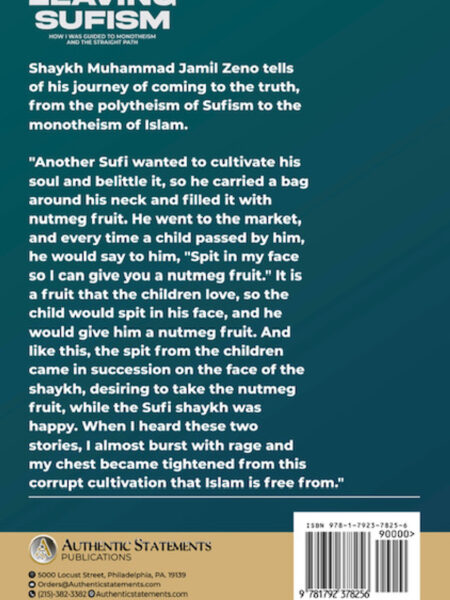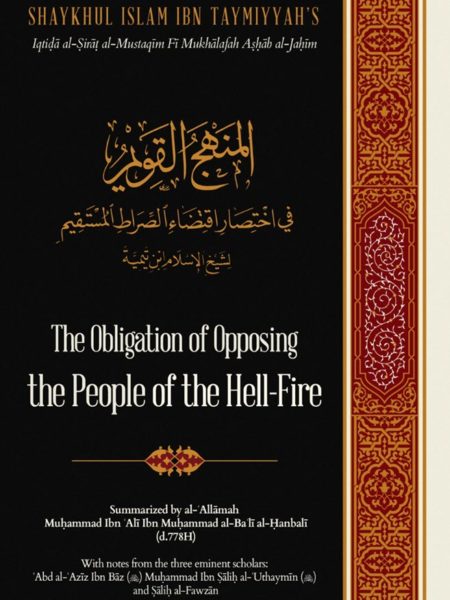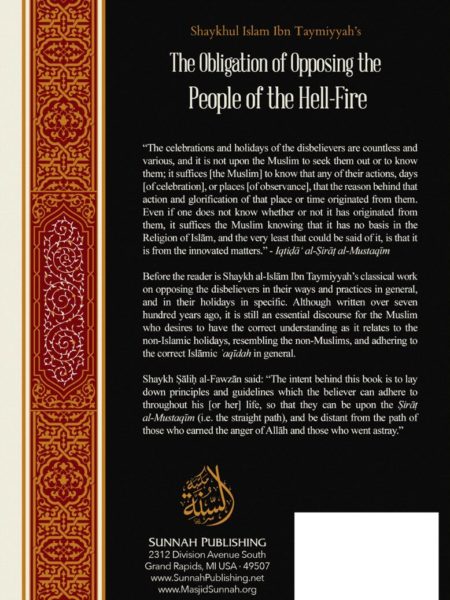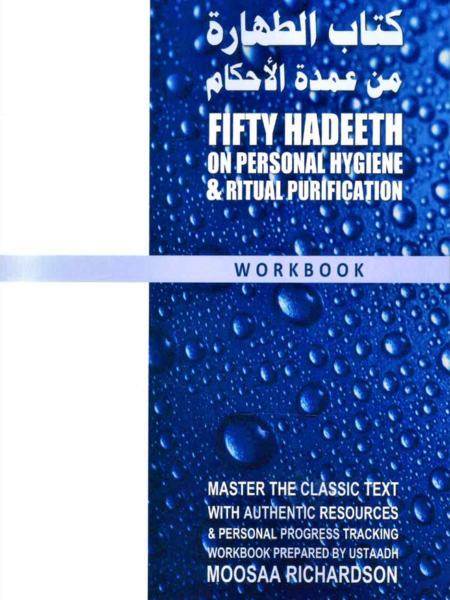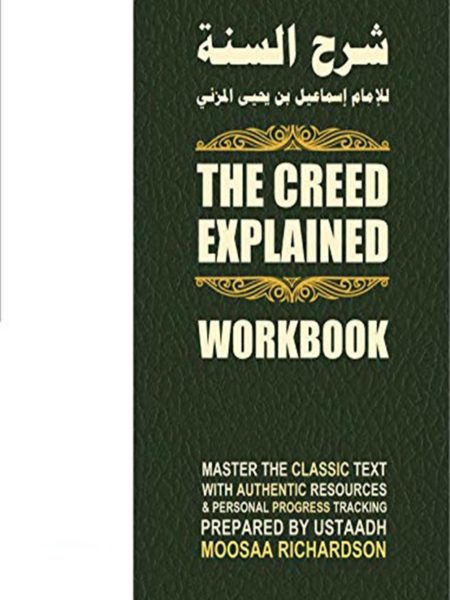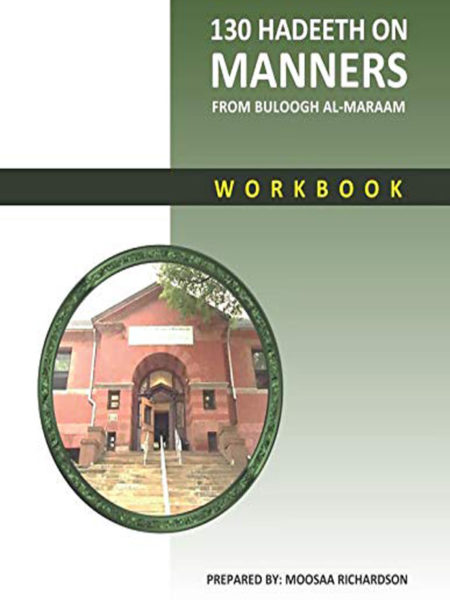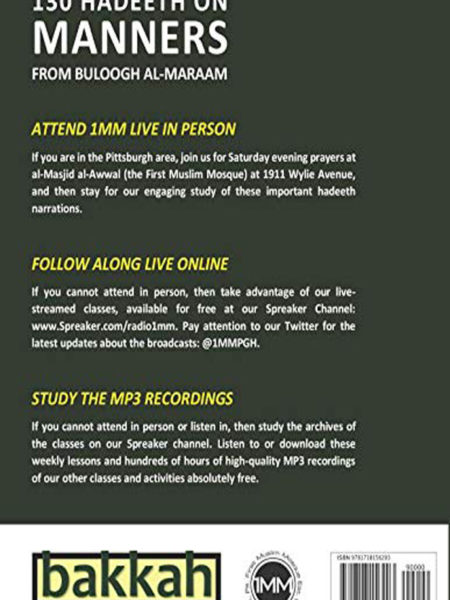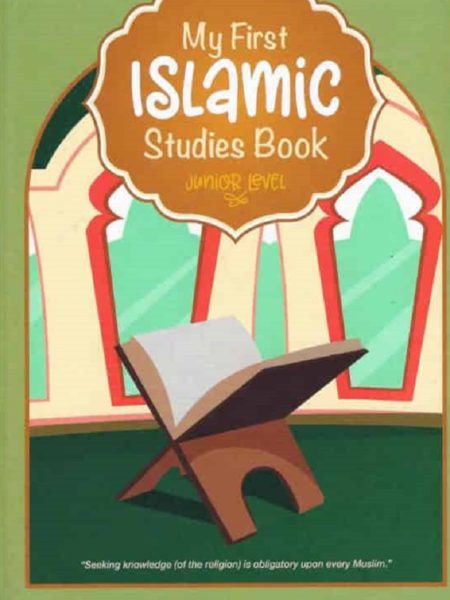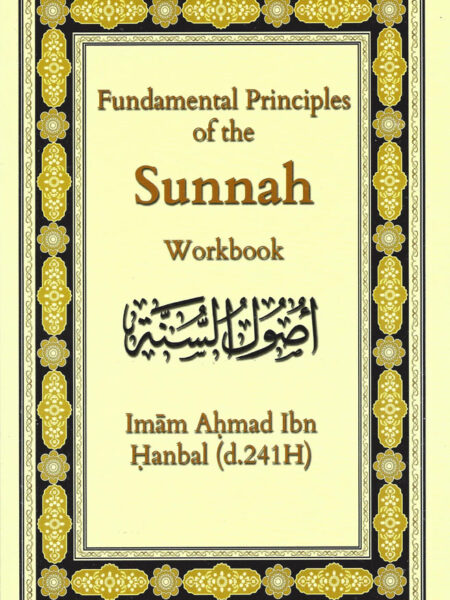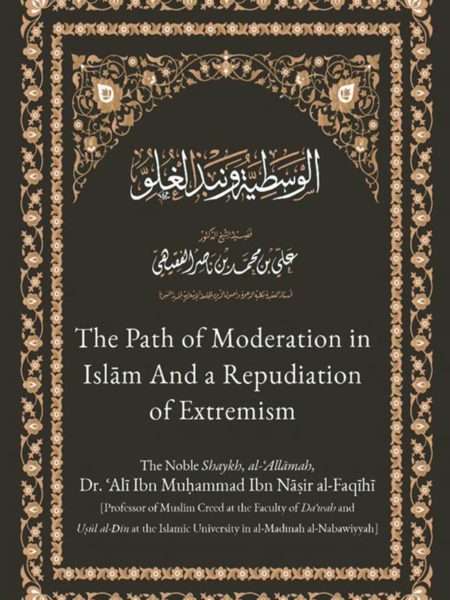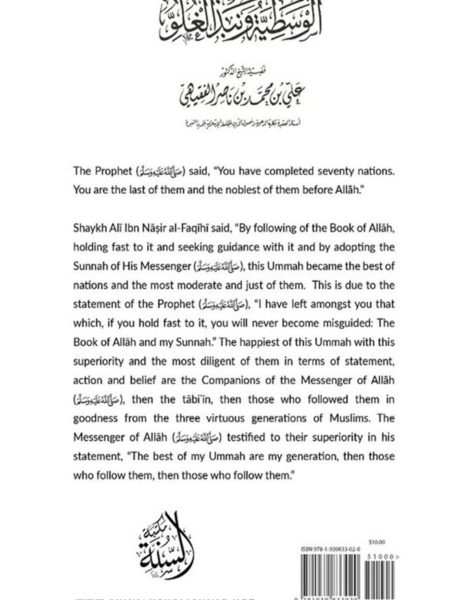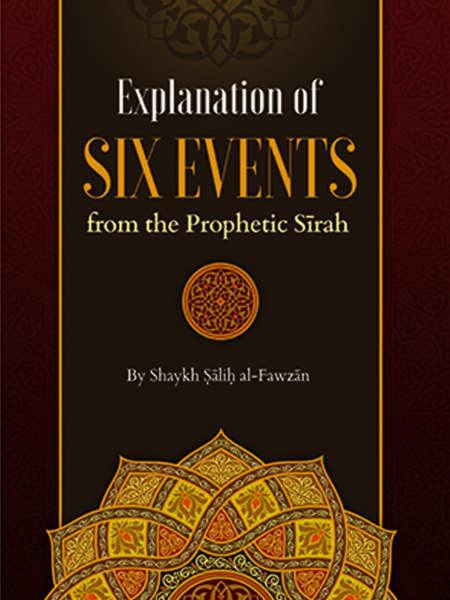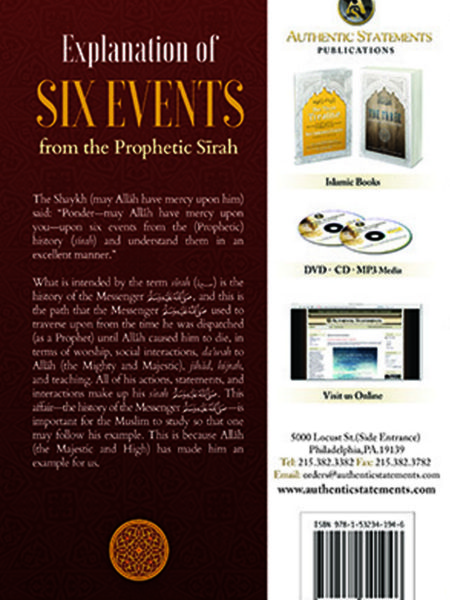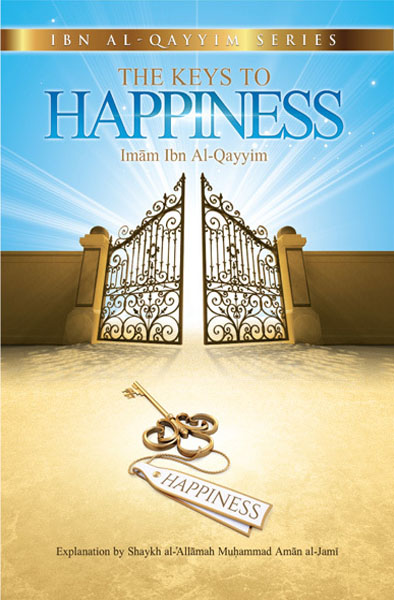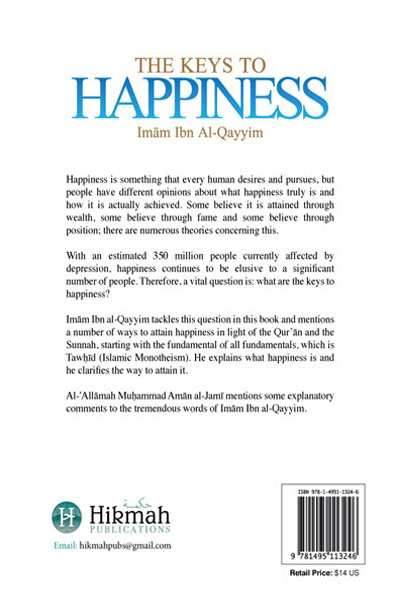-
-
The Evils of Music: The Devil’s Voice & Instrument by Imām Ibn al-Qayyim translation by @ImamStudent
by Imām Ibn al-Qayyim
From the plots of the Shaytaan (Satan) and his traps which he uses to influence those who possess only a small share of knowledge, intellect, and religion – and with this he captures the hearts of the ignorant and the people of falsehood – is listening to whistling (al-mukaa), clapping (at-tasdiyyah), and singing accompanied by instruments, which are forbidden, that turns the hearts away from the Qur’aan and causes them to become preoccupied with disobedience and transgression.
-
-
This is the introduction to a short essay in jurisprudence (fiqh) by the Imām and Hāfiẓ ‘Abdullāh ibn ‘Abdur-Rahmān ibn Abī Zayd al-Qayrawānī upon the treatise of which he authored concerning the jurisprudence (fiqh) of Imām Mālik.
It has always been from the norm of the Salaf (X) that whenever they would author books in jurisprudence (fiqh) they would begin by clarifying the creed (‘aqīdah). Thus, they would divide it into [two parts]:
1. The greater affairs of jurisprudence (fiqh) al-akbar) which is understanding the correct creed (‘aqīdah).
2. The branches of jurisprudence (fiqh) al-furū’) which is the understanding of how to worship Allāh and dealings with the people.
-
-
-
-
-
NOT for independent self-study, this workbook is based on the classic text, Sharh as-Sunnah, by Aboo Ibraaheem Ismaa’eel ibn Yahyaa al-Muzani (d.264). Currently, this text is being studied at Masjid Ibn Baaz in South Philadelphia (USA) under Shaykh Hamzah ‘Abdur-Razzaaq (may Allah bless and preserve him).
-
-
Islam gives great care and attention to seeking knowledge with the first verse to be revealed commanding to Read. It is the responsibility of every parent to ensure that their children are raised upon the correct Islamic teachings.
-
-
The Path of Moderation in Islām and a Repudiation of Extremism by The Noble Shaykh, al-ʿAllāmah, Dr. ʿAlī Ibn Muḥammad Ibn Nāṣir al-Faqīhī
The Prophet (صلى الله عليه وسلم) said, “You have completed seventy nations. You are the last of them and the noblest of them before Allāh.”
-
What is intended by the term seerah is the history of the Messenger (May the peace and blessings of Allah be upon him), and this is the path that the Messenger (May the peace and blessings of Allah be upon him) used to traverse upon from the time he was dispatched (as a Prophet) until Allah caused him to die.
-
Shaykh Rabee’ Ibn Haadee Al-Madkhali
The Status of the companions of Muhammad (Peace be upon him) verily they have, by Allah, a status and a great position with Allah the Blessed and Exalted, and with His Messenger (Peace be upon him) and with the true believers.
-
Cart

